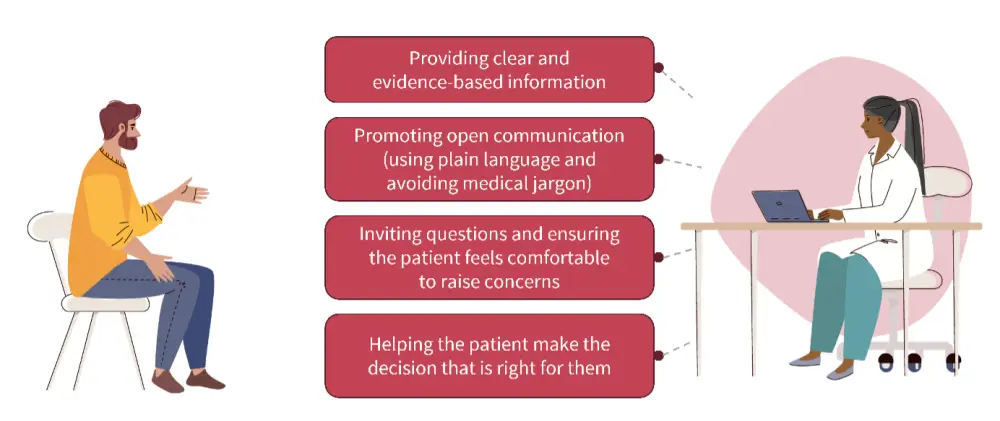All content on this site is intended for healthcare professionals only. By acknowledging this message and accessing the information on this website you are confirming that you are a Healthcare Professional. If you are a patient or carer, please visit Know AML.
The aml Hub website uses a third-party service provided by Google that dynamically translates web content. Translations are machine generated, so may not be an exact or complete translation, and the aml Hub cannot guarantee the accuracy of translated content. The aml and its employees will not be liable for any direct, indirect, or consequential damages (even if foreseeable) resulting from use of the Google Translate feature. For further support with Google Translate, visit Google Translate Help.
The AML Hub is an independent medical education platform, sponsored by Daiichi Sankyo, Johnson & Johnson, Syndax, Thermo Fisher Scientific, Kura Oncology, AbbVie, and has been supported through an educational grant from the Hippocrate Conference Institute, an association of the Servier Group.
Funders are allowed no direct influence on our content. The levels of sponsorship listed are reflective of the amount of funding given. View funders.
Now you can support HCPs in making informed decisions for their patients
Your contribution helps us continuously deliver expertly curated content to HCPs worldwide. You will also have the opportunity to make a content suggestion for consideration and receive updates on the impact contributions are making to our content.
Find out more
Create an account and access these new features:
Bookmark content to read later
Select your specific areas of interest
View AML content recommended for you
Know AML webinar | How can physicians and patients communicate more clearly about mutation testing in AML going forward?
Know AML hosted a webinar for patients and healthcare professionals (HCPs) on April 23, 2025, titled ‘Mutation testing in AML: What you need to know’. Here, we share a discussion between Gail J. Roboz, Weill Cornell Medicine, New York, US, and Ralph Hills, Connecticut, US, where they consider how physicians and patients can communicate more clearly about mutation testing in AML.
Know AML webinar | How can physicians and patients communicate more clearly about mutation testing
Know AML webinar | How can physicians and patients communicate more clearly about mutation testing
Roboz emphasized the importance of providing patients with clear, evidence-based information in a supportive manner, avoiding overwhelming technical language unless requested (Figure 1). She highlighted the need for open communication, encouraging questions, and creating a space where patients feel comfortable and empowered to make decisions. Hills enquired about the application of artificial intelligence (AI) in guiding treatment. Roboz explained that though online tools such as Google and AI may seem helpful, they can often mislead, and put forward that, regardless of how much information patients have, patients want to feel genuinely cared for and to know someone is looking out for them, while Craddock noted that AI could be useful in streamlining clinical trials and improving their accessibility for patients. Roboz identified the value of staying informed about the latest treatments, especially for serious conditions such as AML, and encouraged patients to ask critical questions about their disease, diagnosis, and treatment plan (Figure 2). Craddock added that collaboration among physicians is also crucial to ensure patients receive the best possible care.
Figure 1. The role of physicians: Making information accessible

Figure 2. The role of patients: Asking the right questions
.webp)
This independent educational activity is supported by Thermo Fisher Scientific.
All content is developed independently by the faculty. The funder is allowed no influence on the content.
Please indicate your level of agreement with the following statements:
The content was clear and easy to understand
The content addressed the learning objectives
The content was relevant to my practice
I will change my clinical practice as a result of this content


 Charles Craddock
Charles Craddock Gail J. Roboz
Gail J. Roboz.webp&w=3840&q=75)
.webp&w=3840&q=75)
.webp&w=3840&q=75)

.webp&w=3840&q=75)
.webp&w=3840&q=75)